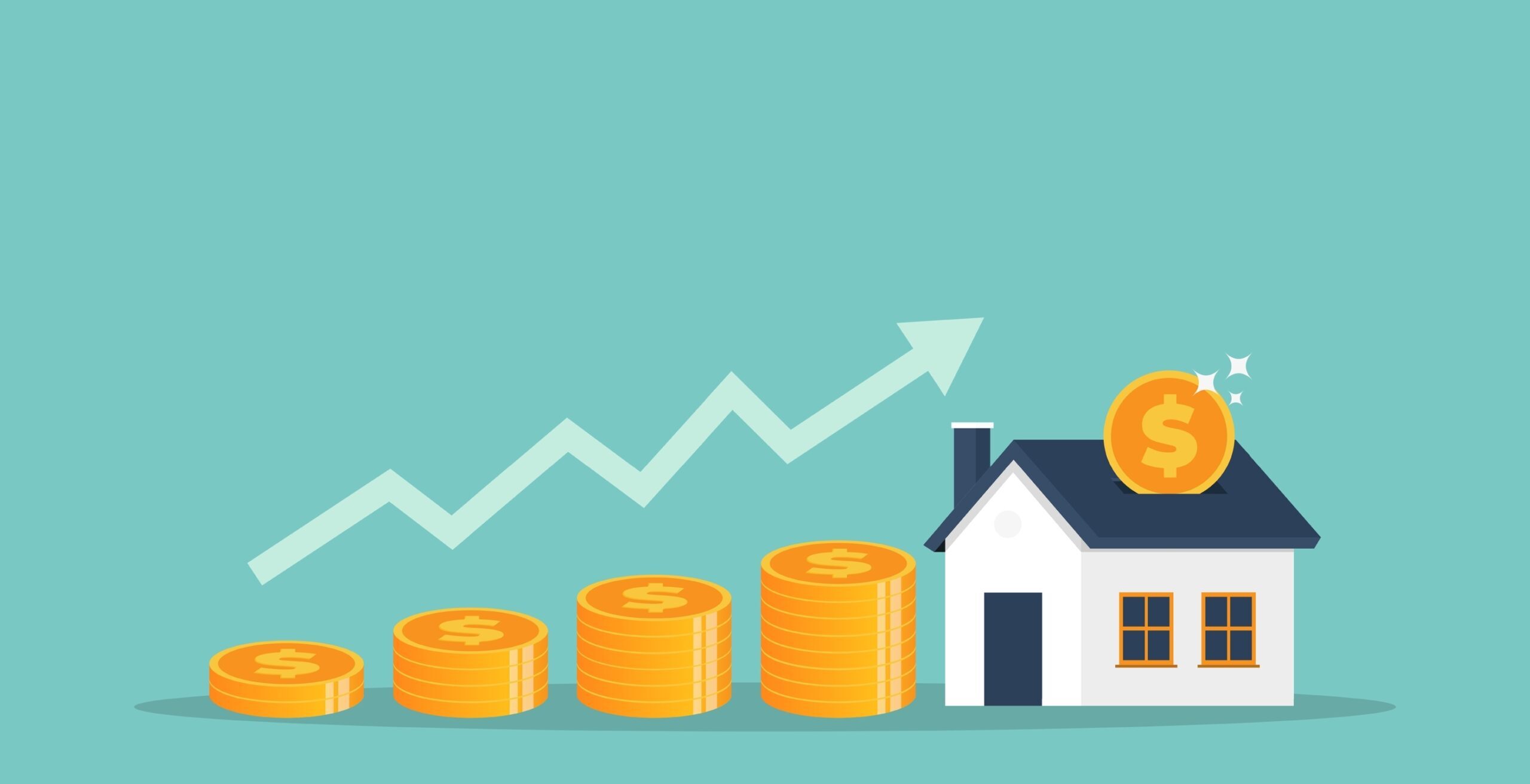Summary: What is an FHSA?
For Canadians planning to buy their first home, the First Home Savings Account (FHSA) is a powerful savings tool. The FHSA allows Canadians to save up to $40,000 tax-free, combining the benefits of both RRSPs and TFSAs. Contributions to an FHSA are tax-deductible like an RRSP, while withdrawals for purchasing a first home are tax-free like a TFSA, making homeownership more accessible and financially advantageous.
What is the First Home Savings Account?
The new FHSA is a registered account that Canadians can use to save up to $40,000 on a tax-free basis so that they can use the funds to purchase their first home. Similar to an RRSP, contributions made to an FHSA will be tax deductible, but withdrawals to purchase a first home, including any investment income or growth generated inside of the FHSA, would be non-taxable – similar to a TFSA.
The FHSA can remain open for up to 15 years or until the end of the year when you turn 71 years old. Any funds in the FHSA not used for a home by this time can be transferred on a tax-free basis into your RRSP or your RRIF account, or you can simply withdraw the funds on a taxable basis.
Who is Eligible to Open an First Home Savings Account?
Before rushing to open an FHSA, make sure you’re eligible! Here are the qualifications to open an FHSA:
- Must be a resident of Canada;
- Must be at least the age of majority in your province or territory (which is 18 or 19 depending on where you live); and
- Must be a first-time home buyer (for this program, a first-time home buyer is someone that has not lived in a home that they owned at any time in the calendar year the FHSA is opened or in the prior four calendar years).
How to Contribute to the FHSA
Eligible Canadian residents will be able to contribute $8,000 annually, up to a total lifetime contribution limit of $40,000. If you overcontribute by mistake, there is a 1% penalty tax charged for any over contributions.
The annual contribution limit applies on a calendar year basis. Unlike RRSPs, contributions made in the first 60 days of the following calendar year cannot be applied to the previous tax year.
Like RRSP contributions, you’re not required to claim the FHSA deduction in the tax year that the contribution is made. Rather, the contribution amount can be carried forward indefinitely and deducted in a later tax year, which may make sense if you expect to be in a higher tax bracket in a future year.
Investing in the FHSA
Once your account is set up and you’ve made some contributions, you can purchase and hold the same types of qualified investments that you would typically hold in your TFSA and RRSP. For example, you can hold mutual funds, publicly traded securities, government and corporate bonds and GICs.
Before investing in meme stocks, check out our investing section here.
Withdrawing Funds from Your FHSA for Your Home Purchase
If you want to withdraw funds from your First Home Savings Account on a non-taxable basis, certain conditions must be met. First, you must be a first-time homebuyer at the time of the withdrawal and the home you’re seeking to purchase must be in Canada. You must also have a written agreement to buy or build a qualifying home before October 1st of the year following the year of withdrawal. Additionally, you must intend to occupy that home as your primary residence (so you can’t do this on a rental property unless it’s a house hack!).
If you meet the above-noted conditions, the entire FHSA balance can be withdrawn on a tax-free basis in a single withdrawal or series of withdrawals. The FHSA must be closed by the end of the year following the first qualifying withdrawal.

